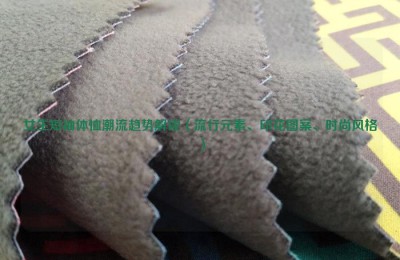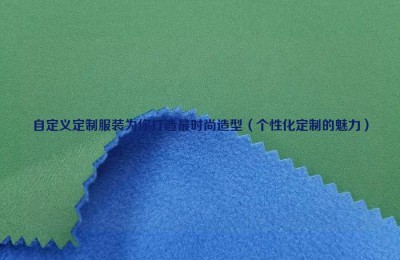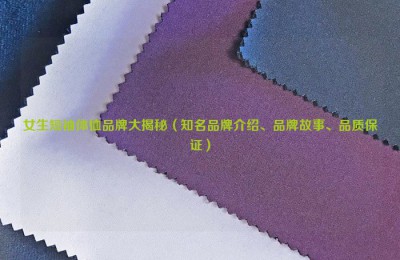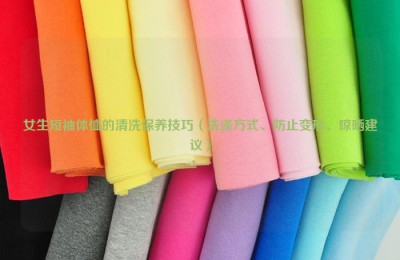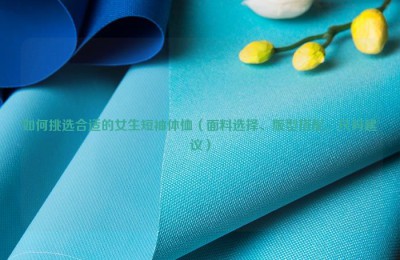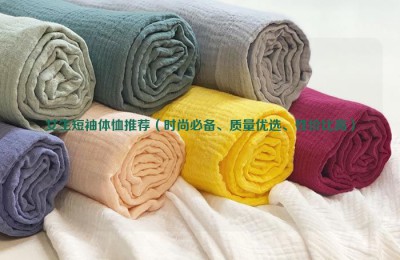On April 25, 2017, the World Trade Organization (WTO) issued an expert group report on Canada’s case against China’s anti-dumping measures on pulped pulp (DS483). For details, please refer to WTO/DS483/R.
The expert panel in this case made the following ruling:
1. It is determined that Canada has not effectively confirmed that: (1) the Chinese Ministry of Commerce’s calculation of the total volume of Canada’s products involved in the case violates Articles 3.1 and 3.2 of the Anti-dumping Agreement; (2) the Chinese Ministry of Commerce’s calculation of the total volume of Canadian products involved in the case violates the provisions of Articles 3.1 and 3.2 of the Anti-dumping Agreement; (2) the Chinese Ministry of Commerce’s calculation of the market share of the products involved in the case The practice of using pricing documents and meeting minutes to consider the price impact of changes in the Anti-Dumping Agreement violates Articles 3.1 and 3.2 of the Anti-dumping Agreement; (3) The Ministry of Commerce of China is investigating the impact of the products involved on China’s domestic industry. Violation of Articles 3.1 and 3.4 of the Anti-Dumping Agreement; (4) Using the shortage of cotton linters as one of the known factors of industrial damage in the industrial injury investigation violates Articles 3.1 and 3.5 of the Anti-dumping Agreement.
2. Determine that Canada has effectively confirmed: (1) The Chinese Ministry of Commerce failed to fully explain the importance of parallel price trends and the fact that the price of the product involved is higher than the price of similar domestic products in China when considering the price impact, violating Article 1 of the Anti-dumping Agreement. The provisions of Articles 3.1 and 3.2; (2) The determination of the causal relationship between the products involved and industrial damage by the Ministry of Commerce of China violates the provisions of Articles 3.1 and 3.5 of the Anti-dumping Agreement; (3) the Ministry of Commerce of China regards cotton and The impact of changes in viscose staple fiber (VSF) prices, domestic industry overexpansion, overproduction, inventory backlog and the import of non-involved products are known factors of industrial damage, and the impact of the involved products on the domestic industry cannot be eliminated. , which violates Articles 3.1 and 3.5 of the Anti-Dumping Agreement. WTO releases expert group report on China-Canada pulp anti-dumping measures case
AAA anti-UV fabric network FSGRETEGSDFW

